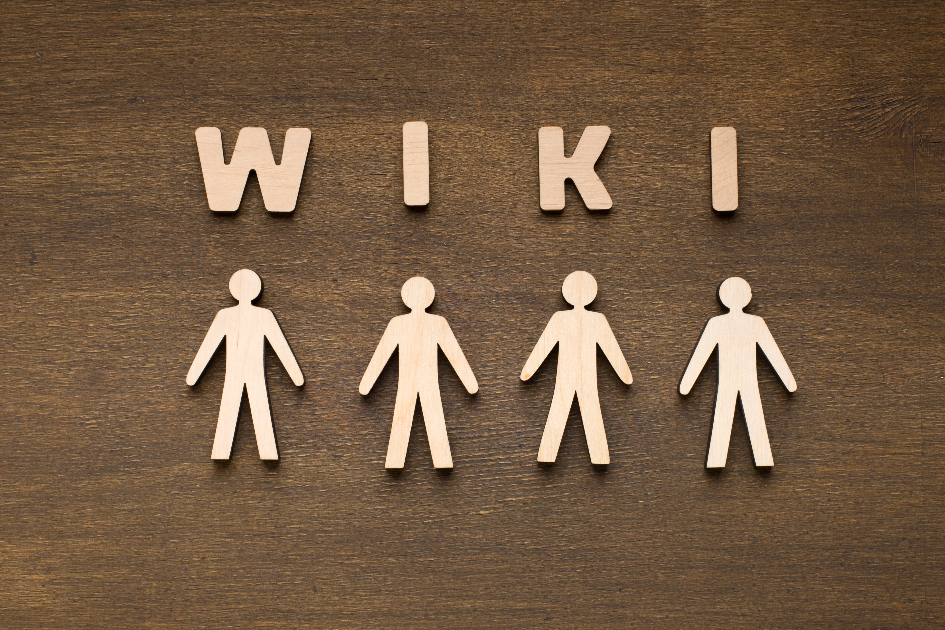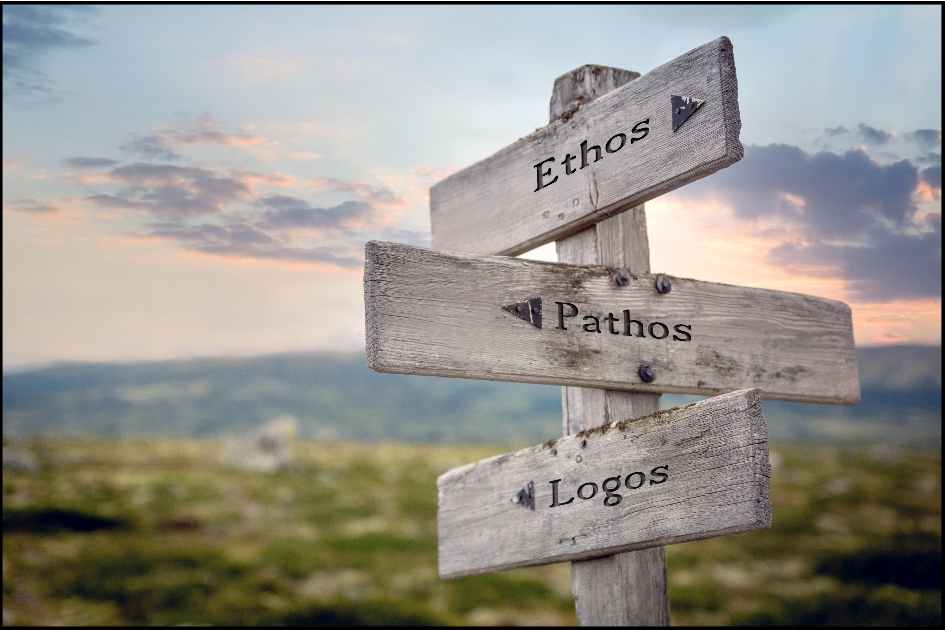Litwiki Learnings

Our final weeks of English 5106 focused on completing a collaborative online project, known as a wiki, (or, in our case, a LitWiki). Like this blog, the Litwiki explores the intersection of technical writing and digital platforms, but its aim is more informational than reflective. It offers a comprehensive overview of the technical-writing profession and the impact digital technologies have on document creation.
Lending A Hand
The Litwiki is grounded in collaboration, and I contributed content, references, citations, copy edits, and corrections. I drafted several definitions for the Technical Documents section, which helped to provide an overview of the myriad texts for which technical writers are responsible.
I also expanded the recently renamed Rhetoric section. Since the first week of class, we have considered digital platforms as a medium and whether and how this medium shapes the meaning of the content we create. So, I thought it important to highlight how digital tools can be used to persuade the reader. As noted in Because Digital Writing Matters: Improving Student Writing in Online and Multimedia Environments, even when using digital tools, a writer’s task is still to “examine the rhetorical context and craft messages suitable for the intended audience” (p. 105).

Other contributions included grammatical corrections, minor copy edits, and edits to ensure an objective or neutral point of view (NPOV) as outlined on Wikipedia. I also engaged in various conversations on our talk page, which is an online discussion board where editors resolve article questions. Knowing the importance of effective hyperlinking, a small addition but big personal triumph was finally figuring out how to add an internal link to another section within the Litwiki.
Slow Progress and Learning
Working on the Litwiki reinforced my belief that delivering concise, informative writing takes the most time. It often felt as though there was a disconnect between the hours spent researching, writing, and editing, and the short content I added to the Litwiki. But the research process, especially, is nonlinear, and many of the sources I found were ultimately not useful. Lannon and Gurak indicate that effective research begins with asking the right questions, and I have learned doing so is a skill that develops though practice.
Both the class journal posts and the Litwiki article expanded the ways I contemplate the writing process. There are many good writers in our class, yet we have distinctive styles. It was both interesting and informative to see the different approaches other writers had to the same subject. The breath of these viewpoints reminds me I should consider a topic from multiple angles before I begin writing.

Better Together
Learning the intricacies of wiki editing felt like an uphill battle at times, so I greatly appreciated the collaboration that went into developing the article. What started as an outline with a few scant entries became an article that provides extensive and detailed information. Not only did classmates make many helpful and thorough contributions to the content, but they also utilized their individual strengths to make the editing process more accessible for all. (And here I want to give a shout out to Debbie Wolfe for the citation tutorial and template and to Nate Cole for his many efforts to maintain the reference section).
When I started this class, I had never considered that the technological tools I use to write could also impact the meaning of my content. While I hope the Litwiki contributes to a greater understanding of the technical writing field, I think its larger value lies in encouraging the public to examine how digital tools shape (and sometimes skew) online content. I also hope the Litwiki will give future students a hand up as they explore the implications of technical writing in the digital age.



Comments ()